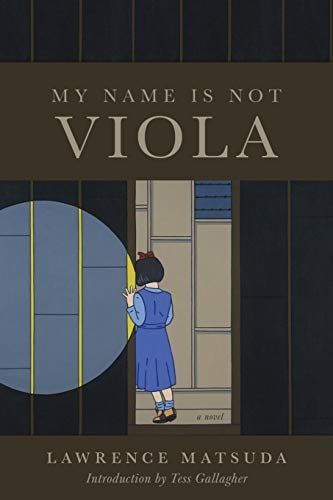
My Name Is Not Viola
My Name is Not Viola exemplifies what happens when historic racism and government policies intersect. Hanae Tamura strives to live a dignified life under undignified conditions. She manages to find balance even after being forcibly incarcerated twice: once in the WWII Minidoka, Idaho Concentration Camp without due process and again as a mental patient. Her lifelong quest to deal with the long-term consequences of America's betrayal is a must read for those who value liberty and justice for all. ----- The story of America's WWII concentration camps has been told from many angles, but never has the psychological trauma of reentry been presented with such heartbreaking intensity. We follow the young Hanae's journey from Seattle to prewar Hiroshima and back again, then suffer (and sometimes laugh) with her through the incarceration and its grueling aftermath against the tension of the 1962 Cuban Missile Crisis. Her life is a revealing chapter of the American experience. -Jay Rubin, author of The Sun Gods and translator for several Haruki Murakami novels. This story belongs to all of us who wish to experience the Japanese American heartbeat as it was forced to inhabit a humiliating and hope-sundered invitation to sink, and also, incredibly, for its humiliated sufferers, to absorb a silent mandate from their government to forgive what had been done to them. - Tess Gallagher, internationally known poet, fiction writer, film collaborator (Birdman, Short Cuts) and author of IS, IS NOT, poems from America and Ireland. Larry Matsuda's audacious novel enters into the mind of his mother as she lives through the traumas the twentieth century visited upon Seattle's Japanese community. With sensuous language and vivid imagery that sometimes verges on hallucinatory, we inhabit her world from a girlhood in old Japantown, through pre-war Hiroshima, the Minidoka concentration camp, and ultimately the haven of a mental institution, where she reclaims her life from the edge of suicide with the help of some most unlikely friends. This magical and life-affirming book is a beautiful addition to the epic story of the Japanese in America. - John Gordon Hill, Film Director